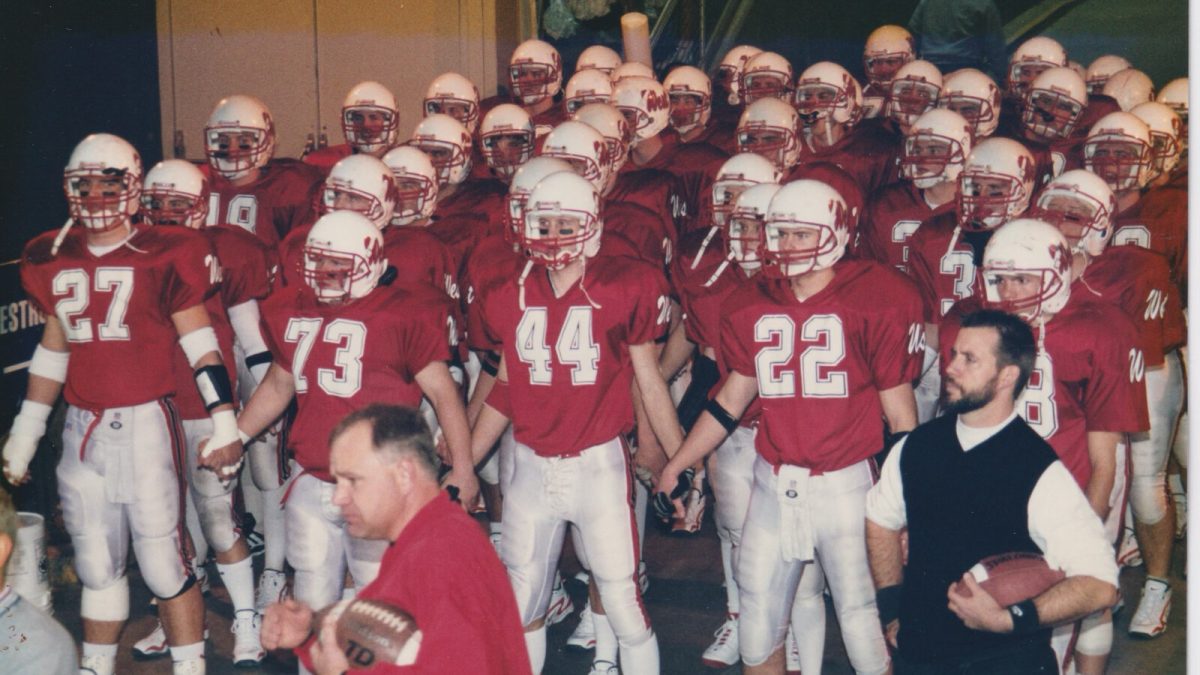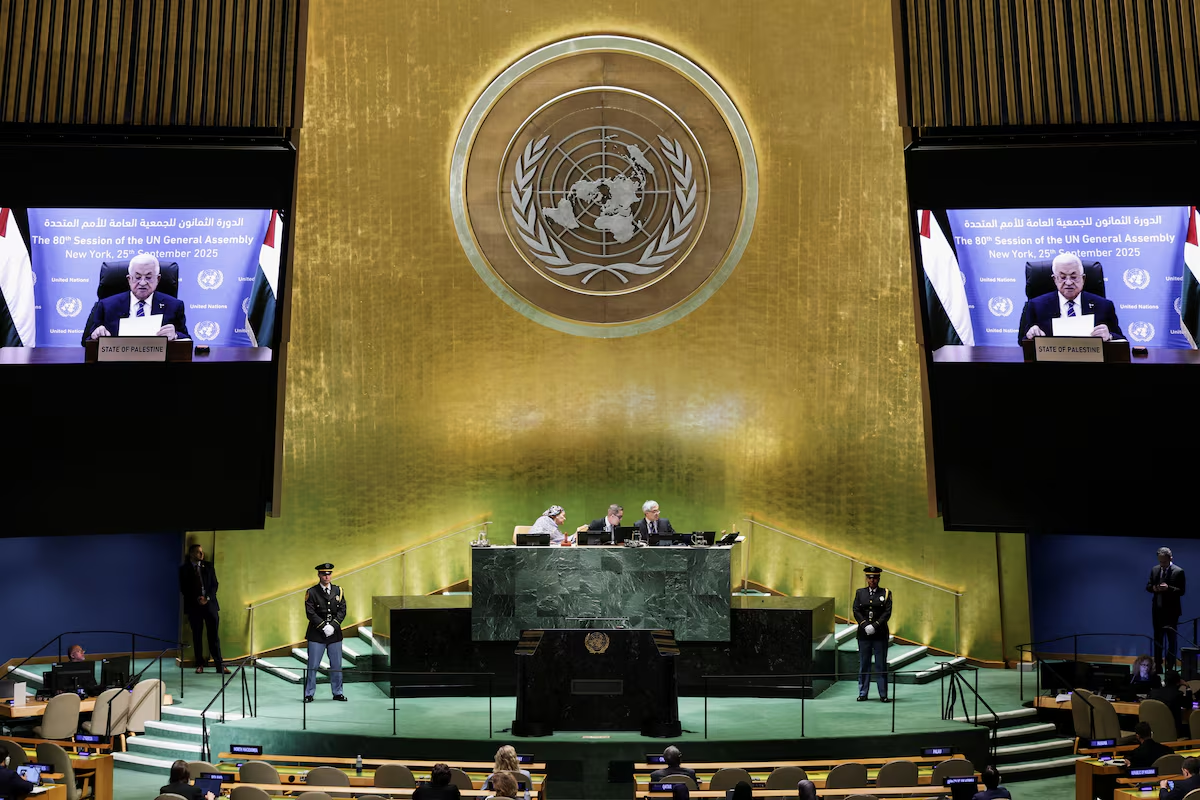Tim Walz’s past as a high school football assistant coach has become a key strategy in the Harris Walz campaign, branding him as “Coach Walz:” a humble, Midwestern dad who loves football and will lead us to victory.
While Trump has attempted to attract young male voters by appearing on popular “bro” podcasts, Walz is aiming to redefine what masculinity means within the Democratic Party.
The Harris campaign has capitalized on this narrative. “Under those Friday night lights, Coach Walz motivated his players to believe they could achieve anything,” Harris said when introducing Walz at a rally in Pennsylvania.
Harris’s reference to 2004’s “Friday Night Lights,” where (fictional) Coach Gary Gaines — and his TV-equivalent Eric Taylor — serves as a perfect representation of how America views football coaches: empathetic, humane and driven. Football is embedded in American culture, and the Democratic Party is playing off of the associations that come with being a small-town coach.
Following the branding of “Coach Walz,” the Harris campaign released camo hats that read “Harris Walz” in bright orange. This is undoubtedly an attempt to resemble something that would be at a hunting store or a Bass Pro Shops — notoriously conservative spaces. Walz also revealed his hotdish recipe; a popular homecooked meal in the Midwest.
This tactic could be seen as a response to the concern among many male voters that Walz is not fit to represent masculinity in the White House. Republicans have referred to Walz as “Tampon Tim” following a law he signed last year that requires public schools to provide its students with free menstrual products. As a result of this, his authority, toughness and capability have been questioned.
This comes as no surprise, since he is serving as a vice president to what would be the first female president.
According to The Washington Post, undecided male voters under 50 make up a critical 11% of the electorate vote. Walz and Trump are competing for what has been deemed the “bro vote,” with both sides trying to capture this important demographic.
In his approach, Walz is combining both his personal and professional background. He emphasizes his time spent in male-dominated spaces like football fields, veterans’ groups and hunting grounds while also showing up at Pride parades, abortion clinics and women’s rights rallies.
Walz’s resume also includes serving as a member of the Army National Guard for 12 years, a public school teacher for 20 years and as a member of the House of Representatives for Minnesota for 12 years.
This mix of traditional and progressive masculinity reflects an evolving Democratic strategy aimed at making male voters feel represented while also demonstrating values of empathy and inclusivity.
The term “Coach Walz” has spread like wildfire, quickly taking the internet by storm and sparking discussions about whether the combination of relatability and resilience will sway voters in his favor. While some are convinced that Walz is a humble Midwestern dad, others are calling his bluff.
The effectiveness of this approach, whether measured by the outcome of the election or future candidates, will shed light on the power of masculinity in American politics.









